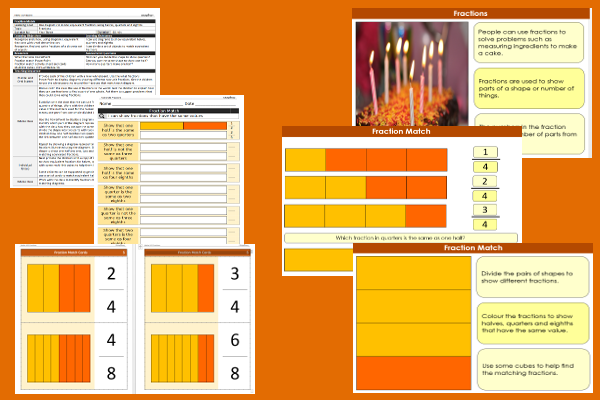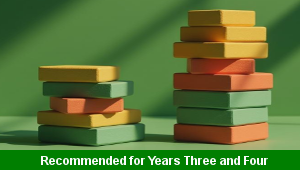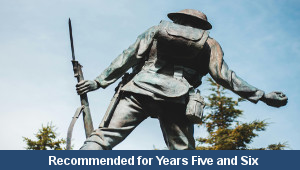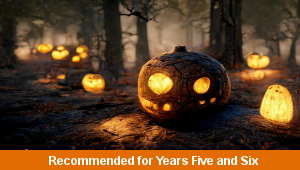Lesson One – Fraction Match

This maths teaching pack for Key Stage Two gets the children to practise working with pictorial diagrams to model and illustrate non-unit fractions that are equivalent to matching halves, quarters and eighths.
The class can explain and record how to link the numerators and denominators in pairs of fractions to show how they are equivalent to each other with the matching fraction values.
Download this teaching pack including a lesson plan, classroom activities and an interactive presentation to practise working with pictorial diagrams to model and illustrate non-unit fractions that are equivalent to matching halves, quarters and eighths
Activities in this teaching pack include a worksheet for core and extension ability levels to record how to use diagrams to model equivalent fractions using halves, quarters and eighths and a set of cards for support ability levels to match pairs of equivalent halves and quarters fractions.
The interactive presentation gets the children to explore how to use diagrams to model non-unit fractions that are equivalent to halves, quarters and eighths.
This lesson is part of a maths scheme of work to get the children to investigate, compare and record the values of different non-unit fractions using equivalence between their sets of matching numerators and denominators. There are teaching activities for shared learning, differentiated worksheets to support independent learning and interactive presentations to introduce concepts and key skills.
-

Subtraction Differences
Explain and model some of the informal and formal written calculations skills that can be used to find the difference between pairs of two and three digit numbers
-

Fraction Equivalence
Investigate, compare and record the values of different non-unit fractions using equivalence between their sets of matching numerators and denominators
-

World Wars Poems
Explore and reflect on how poets can use figurative language and verse structures to express themes and ideas about conflicts that have happened in the world
-

Scary Tales
Investigate and replicate the structure and format of narrative stories and poetry about different spooky and mysterious people, places and events
